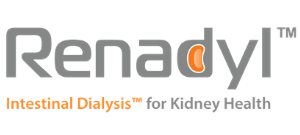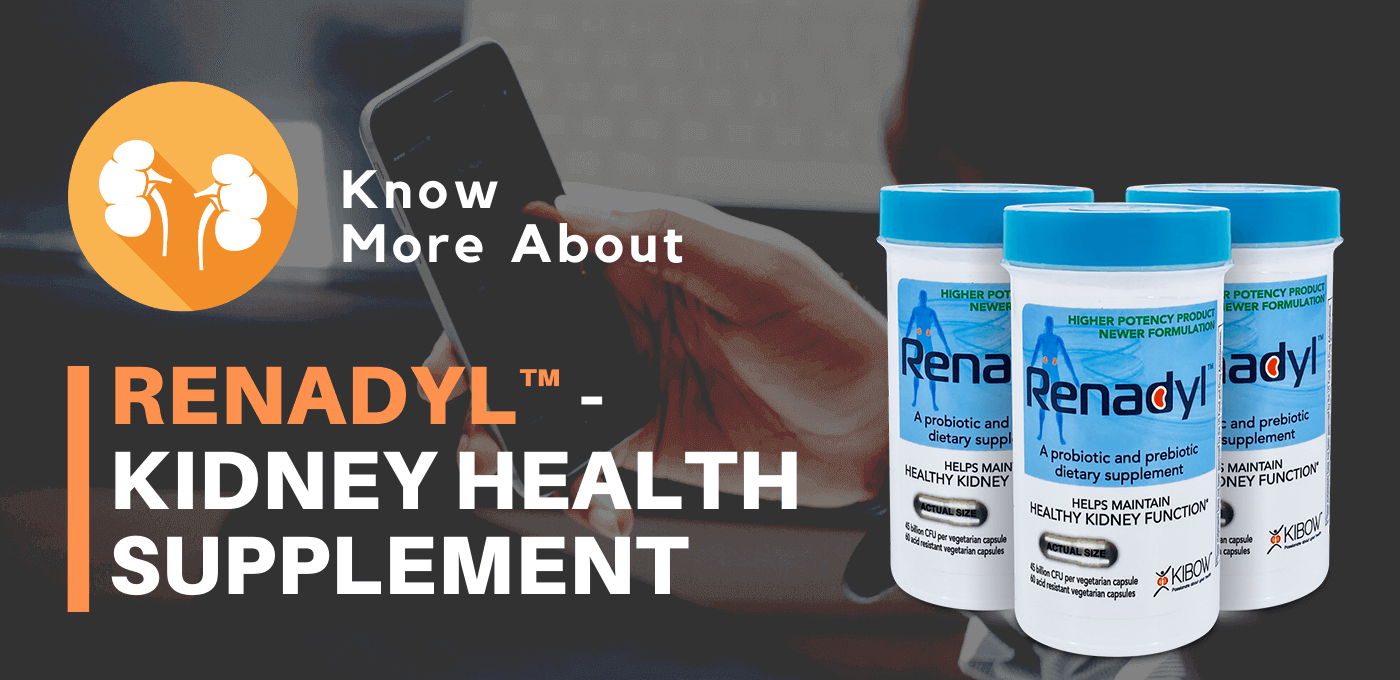Going to Work as a Dialysis Patient
Article posted in:
Dialysis
This content is for educational purposes only. It is not intended to be a substitute for professional medical advice, diagnosis, or treatment. Always seek the advice of your physician or other qualified healthcare providers with any questions you may have regarding a medical condition. Never disregard professional medical advice or delay in seeking it because of something you have read on this Website.
Going to Work as a Dialysis Patient
For many dialysis patients maintaining their health is their main focus in life. Dialysis can be like a job. You get evaluated. You have to show up on time. There can be red tape to deal with. Then outside the clinic you have to manage your diet, manage your pills, address insurance issues, visit various other doctors and specialists as needed, and deal with fatigue, the awful fatigue. It’s no wonder that so many dialysis patients don’t work. 
Less than a quarter of all dialysis patients are employed. Many just feel too tired and overwhelmed. It’s hard for a dialysis patient to explain the fatigue of having your blood drained for 3-4 hours to someone who’s never experienced it. In a culture that values work and productivity, the dialysis lifestyle can seem like idle time to someone who doesn’t understand it. I’m sure I’m not the only dialysis patient who has heard, “No seriously, what do you do all day?”
Some dialysis patients view this time as a temporary break in their employment and expect to be fully employed once they’re transplanted. Yet pre-transplant employment is one of the biggest predictors of post-transplant employment. The longer you’re out of the game, the harder it can be to get back up again.
When I first went on dialysis I was lucky enough to work for a company that let me set me own hours as I felt able to work. Not all companies are that flexible and understanding. Spending some extra time on my non-dialysis days, the boss could see I was eager and doing my best to pull my weight in the company.
Working on dialysis was hard, but it came with rewards. The first and most obvious were financial rewards. But work kept my mind off my health. The more I focused on work, the fewer thoughts about dealing with a terrible disease crept into my mind. I had a reason to get up in the morning and put on some dress clothes. Over the past 9 years on dialysis it has gotten easier. What started as part-time work led to full-time work, then graduate school, and finally running my own business.
Even before kidney disease, I was never a high energy person. Working on dialysis didn’t come easily, but it definitely came with rewards. These are some of the ways I’ve found to balance work and dialysis.
1. Do work you love.
Not all work is equal. There are jobs and there are careers. A career brings personal fulfillment.
Why would dialysis patients rush back to work if they hate what they do? Let’s face it a lot of people hate their jobs. A Forbes poll in 2013 found that 70% of Americans hate their jobs. Fatigue is a lot worse when you have no enthusiasm for what you do.
It may seem easy to stay where you’re planted rather than rock the boat or start a new career at this point in your life, but is the work you will want to be doing a decade from now?
Take stock of what’s important to you. Are your interests the same now as they were before you started dialysis? Is it good to feel like your old self or do you need a change?
2. Pace yourself.
Recognize that your stamina isn’t what it used to be. An eight hour work day will probably be too much for you right away. Start with a half day and gradually work your way up. Even now I start at 9 a.m. rather than 8 a.m. when I’ve had dialysis the night before. Know you’re going to have good days and bad days. Allow some time to rest and recover after days when you push.
3. Get to bed early.
Ben Franklin was onto something. Getting to bed early works with your body’s natural rhythms and the quality of sleep is better. One of the best ways to fight fatigue is with a good night’s sleep. You’ll be better able to handle what the day has in store for you if you’re rested.
4. Find the dialysis schedule that works for you.
Some working people love early morning dialysis and then head off to work. That never worked for me and if I have dialysis in the morning I’ll be groggy all day. Having my session from 6 -10 p.m. helps me unwind in the evening and then I head off to bed right afterward.
5. Take stock of our abilities.
Some jobs require you to stand for long hours. Other jobs have you on your feet the whole day. Know if this isn’t going to work for you. Explore all your options. You may not have the same physical stamina, but what other skills are you bringing to the table? Know many employers are willing to work with you.
Living on dialysis can be a challenge to our working life. The longer someone has been out of the game, the harder it is to get back their confidence in their working abilities. But being productive helps our self-esteem and helps foster a sense of independence. Taking those first few steps toward normality, helps ensure that dialysis is just a part of our lives and not the main focus.

As the Founder of Holistic Kidney (Connecticut), Dr. Jenna Henderson has been studying renal disease since 1993. A kidney patient herself, Dr. Henderson knows the process of kidney failure first hand and applies her experience to help kidney patients worldwide. As a naturopathic doctor from the University of Bridgeport, she works hard to help kidney patients live a long, happy life and stay off dialysis. Her safe and effective therapies are holistic and natural, and they help to preserve kidney function naturally. Her advice is sought by many patients and practitioners when other approaches to kidney disease have failed. She has been interviewed on public radio and published in Natural Medicine Journal. Nearly 3,500 people follow her updates on Holistic Kidney on Facebook. Visit her website at http://www.holistic-kidney.com/ or reach her at holistickidney@gmail.com.

Categories
Recent Posts
- Check out these Live Testimonials, thanks to Steve the Kidney Nurse February 15, 2022
- Kidney Friendly Infused Water August 20, 2020
- Is salt bad for the kidneys? August 12, 2020
- Drinking Water With Kidney Problems August 7, 2020
- What is Renadyl Used For August 5, 2020
Recent Comments
- Kibow Biotech on Drinking Water With Kidney Problems
- Santos Gonzalez on Drinking Water With Kidney Problems
- James F Hawkins III on Drinking Water With Kidney Problems
- Loretta on Kidney-Friendly Dessert
- Leo on Kidney-Friendly Summer Meal





Comments
Leave a Comment